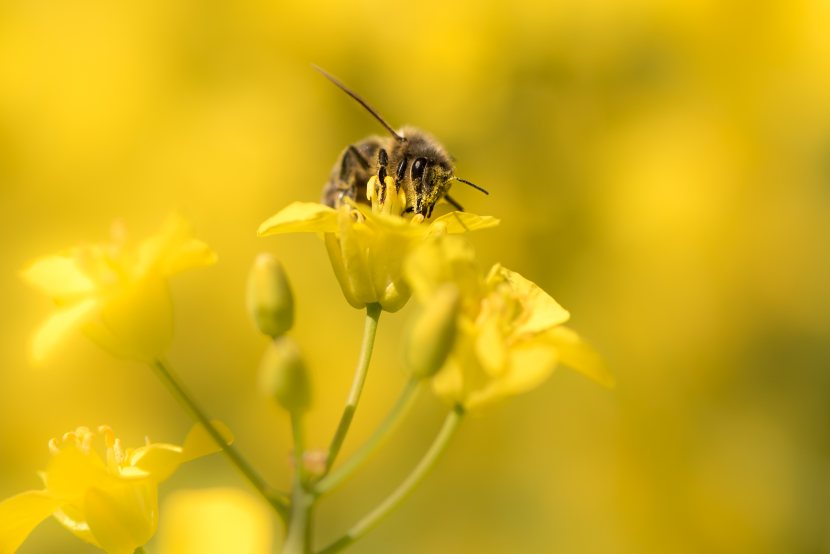
Crop experts have spoken of their concerns that the recent ban on all outdoor uses of three key neonicotinoids will affect yields and push consumer prices up.
Last week, EU member states voted for proposals to enforce an almost-complete ban on the use of neonicotinoid insecticides across the EU.
The restrictions were imposed after a previous report by European Food Safety Authority (EFSA) concluded that they posed a "high acute risk" to honey bees.
The UK government overturned its previous convictions on neonicotinoids last year, and are supporters of the ban.
However, scientists and crop experts have said that the loss of neonicotinoids will restrict the control of key pests.
Prof Ian Toth of the James Hutton Institute said the ban will affect crop yields and raise prices for consumers.
“The use of pesticides has been such an important part of crop production for decades that loss or reduction in the use of such chemicals, including neonicotinoids, will almost certainly affect crop yields and, ultimately, the price of food for consumers,” Prof Toth explained.
“Now more than ever it is so important that we find alternative methods of control through more resistant crops, biocontrol and other integrated pests management approaches.”
Restricted toolbox
Dr Bill Parker, Director of Research at the AHDB, said the ban is a "serious issue" for the farming industry as the crop protection toolbox has now been restricted.
“While this decision is not unexpected given the mounting weight of scientific evidence of the effects of neonics on pollinators, it is nonetheless a serious issue for the agricultural industry as it further restricts the crop protection toolbox that farmers and growers have available to them for controlling key pests,” Dr Parker said.
“Although alternatives do exist, the consequence of this decision is likely to be a greater use of insecticides applied as foliar sprays, particularly on crops such as wheat and sugar beet. The implication is that some foliar insecticide sprays can have a broader effect on insects present in the crop than seed treatments, though this does heavily depend on the spectrum of activity of individual insecticide products.
“It is worth pointing out that insecticides accounted for 7% of total pesticide use by area treated in the UK in 2016, with neonics themselves representing 2% of the insecticide treated area.”
Dr Parker said the AHDB is now involved in developing Integrated Pest Management programmes for all UK crops with the aim of reducing dependence on plant protection products.
